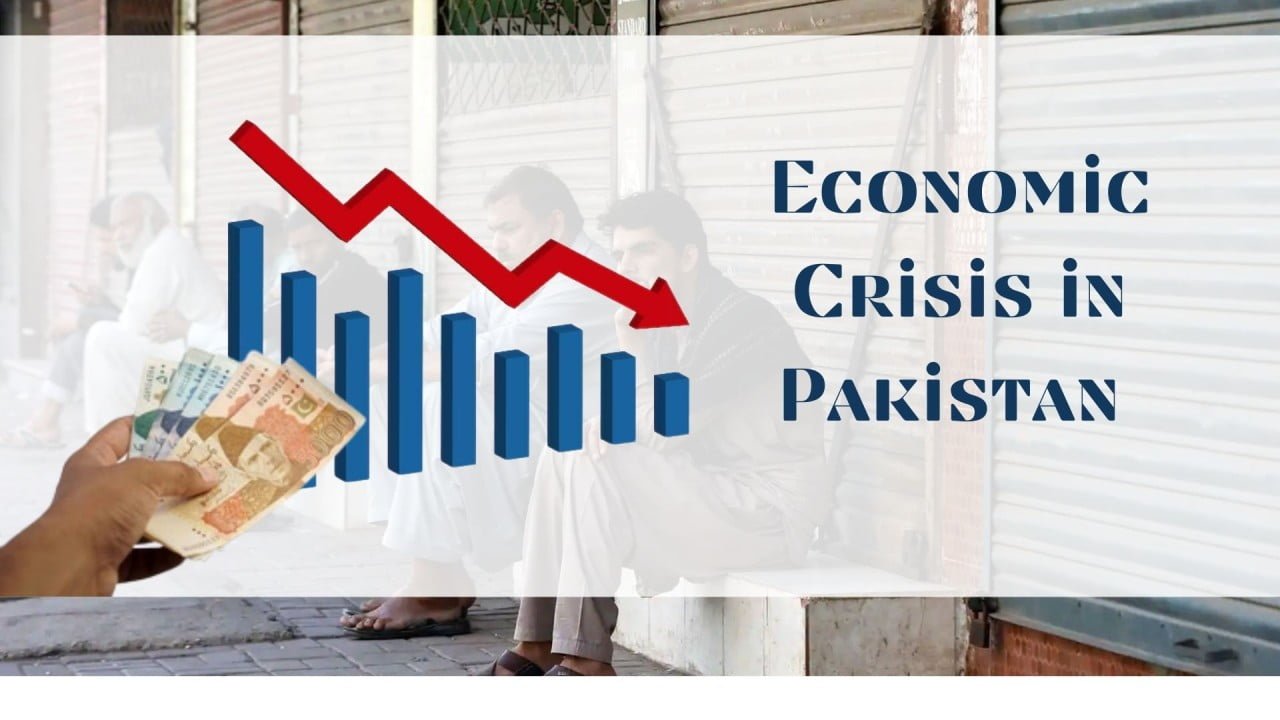Zafar Iqbal
Pakistan’s fiscal policies primarily revolve around managing government revenue, expenditure, and debt to achieve economic stability and growth. The country has faced various economic challenges, including high inflation, low tax collection, large fiscal deficit, and external debt burden. The government has been working towards structural reforms, such as improving tax administration, reducing government expenditure, and attracting foreign direct investment to address these challenges and foster sustainable economic development.
The fiscal year 2023-24 (FY24) was marked by high inflation, with an average rate of 23.4%. There was hope that the budget for FY25 would alleviate the financial burden on the public, but the Federal Government’s (FG) fiscal policies proved to be largely revenue-driven and short-term, disappointing many.
It is suggested that Pakistan can achieve sustainable growth and stability through a domestic strategy rather than relying on the International Monetary Fund’s (IMF) complex policies. The uncertainty surrounding the Fiscal Deficit and Current Account Deficit (CAD) has led to seeking IMF assistance and adhering to stringent policies, such as interest rate hikes, which impede Pakistan’s economic growth.
The recent decision of the State Bank of Pakistan (SBP) to reduce the interest rate to 19.5% is a positive development, although operating at this rate remains difficult for businesses. Moreover, the purchasing power of the salaried class has been strained by increased effective tax rates, sparking peaceful protests across the country.
Notably, it has been revealed that the salaried class paid a significant amount in income tax for FY24 compared to exporters and retailers. Additionally, concerns have been raised regarding the projected inflation for FY25, which may be much higher than the initial estimation of 12% due to additional taxation measures and potential electricity and gas price adjustments.
Pl, subscribe to the YouTube channel of republicpolicy.com
The FG’s proposal to impose a record PKR 1.7 trillion in additional taxes to achieve an ambitious PKR 12.97 trillion tax revenue target for FY25 has raised concerns about further reducing individual incomes and imposing heavy indirect taxes, potentially leading to an inflationary surge in Pakistan.
In light of these challenges, it is proposed that the tax on salaried income up to PKR 1,200,000 must be minimal, given the inflation in previous fiscal years. This measure, along with others such as bringing exporters into the minimum and normal tax regime, can contribute to documenting the economy and generating revenue for the government, paving the way for a more stable economic future.
The transition of exporters to the minimum and normal tax regime is expected to increase government tax revenue and promote greater economic activities documentation. However, concerns have been raised about the imposition of a monthly advance tax on traders and shopkeepers, as it may not accurately reflect ground realities.
Furthermore, it is recommended that the government ensures timely income tax refunds for exporters. This measure, along with easing reliance on withholding tax by registering more distributors, dealers, wholesalers, and retailers with the Federal Board of Revenue (FBR), will go a long way in addressing the concerns of the business community.
To improve fiscal space, measures should be taken to address Pakistan’s high Fiscal Deficit and Current Account Deficit. Adjusting interest rates and exchange rates alone may not be sufficient, and policies should focus on reducing these deficits efficiently.
Addressing the exchange rate disparity with the US dollar can potentially decrease inflation and lower debt interest servicing. A 9% reduction in inflation could lead to substantial savings and reduce the burden of debt interest repayments.
Lastly, the road ahead for Pakistan’s fiscal and economic challenges requires a comprehensive approach. This approach, which balances revenue generation, documentation of economic activities, and sustainable growth, is the key to addressing the concerns raised and implementing strategic measures. It will guide Pakistan towards achieving economic stability and prosperity in the fiscal year 2025.
















